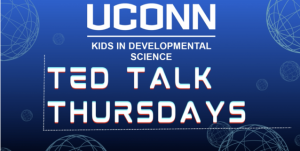

Researcher John Iversen explains how music can play a powerful role in shaping a child’s developing brain. He shares his work studying children involved in school music programs and shows that music does much more than help kids perform songs. When children learn rhythm, practice an instrument, or participate in ensemble activities, their brains become more organized in ways that support attention, learning, and self-control.
Iversen describes how the brain responds to musical training by strengthening important pathways related to listening, processing sound, and focusing. These are the same skills children use for reading, language, and success in the classroom. He also highlights that even small amounts of consistent musical experience can make a positive difference. The changes are not simply about talent—they are about how the brain grows when it is challenged and engaged.
Overall, the talk encourages parents, teachers, and communities to view music as an essential part of child development rather than an optional extra. Music helps build core abilities that support learning in many areas of life. Iversen’s message is simple: when we give children access to music, we are helping their brains grow in healthy, meaningful ways.
If you want to watch more, click here!
Erin Mulroy
UConn KIDS Research Assistant